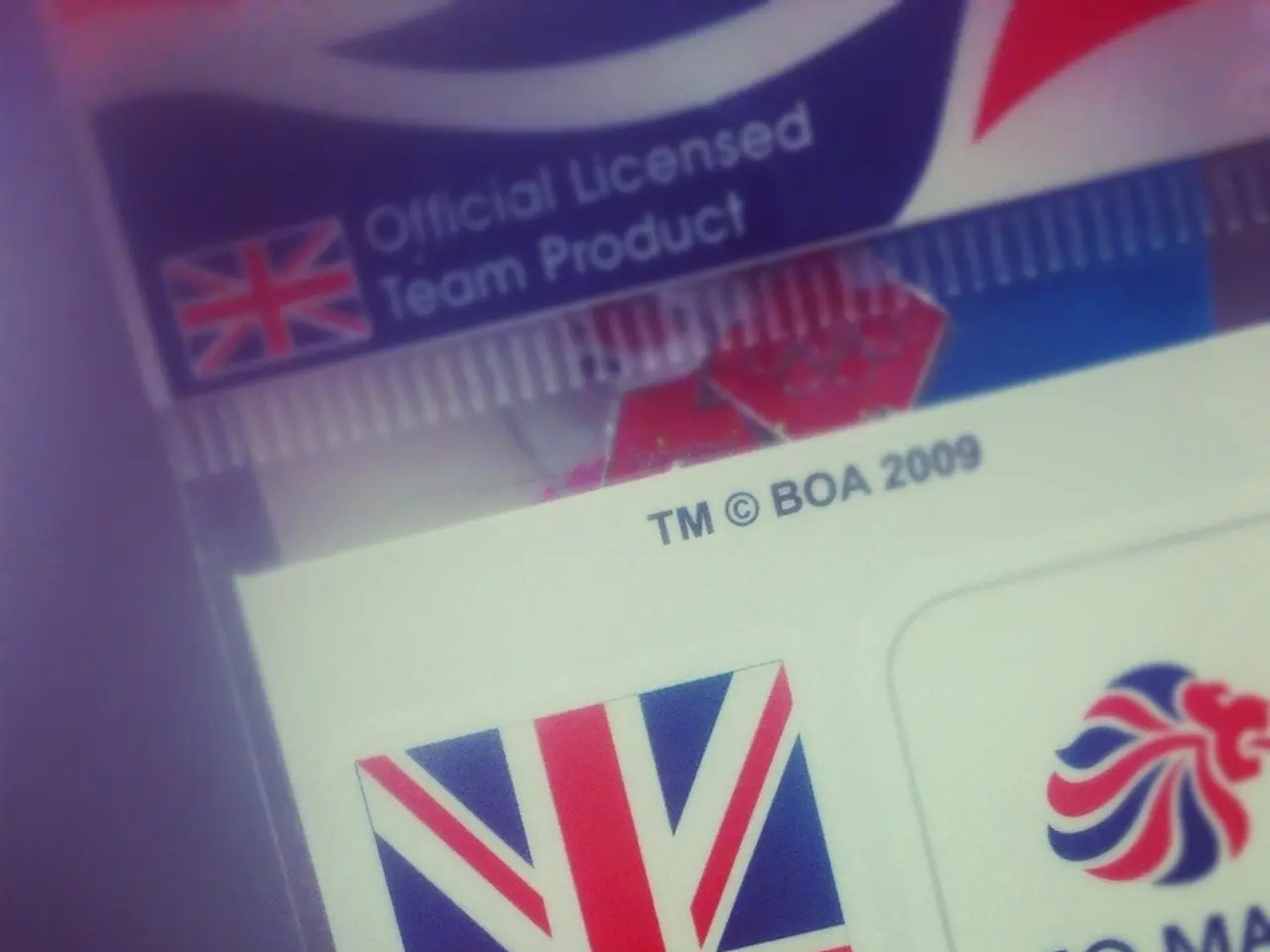The Essential Role of LEIs: Which Entities Require a Legal Entity Identifier?
In the ever-evolving world of finance, one tool is gaining significant attention for promoting transparency, efficiency, and regulatory compliance - the Legal Entity Identifier (LEI).
The LEI is a unique, 20-character code assigned to legally registered organizations and entities participating in financial transactions across jurisdictions, including traditional finance and the growing crypto and decentralized finance (DeFi) sectors. This global identifier serves as a beacon of standardization, ensuring unambiguous and reliable identification in the complex landscape of global financial markets.
Entities required to obtain an LEI are diverse, encompassing corporations, investment funds, insurance companies, trading venues, and market infrastructures. Non-financial entities like large corporations and conglomerates engaging in transactions may also require an LEI. By adopting the LEI, these entities build trust with partners and regulators, enhancing their transparency and credibility in the global marketplace.
The LEI system offers numerous benefits. It promotes greater stability, transparency, and regulatory compliance by allowing authorities and counterparties to reliably verify the identity, ownership, and control relationships of entities engaged in financial transactions. This facilitates more effective risk management, anti-money laundering (AML), and know-your-customer (KYC) compliance across borders, reducing confusion from inconsistent or fraudulent identifiers.
The LEI also supports interoperability in increasingly digital and blockchain-enabled finance, bridging traditional finance (TradFi) and DeFi, and fitting into global regulatory frameworks and standards like ISO 20022. In decentralized contexts like many DeFi protocols that lack clear legal entities, efforts are underway to develop verifiable LEIs (vLEIs) to enable identification while maintaining decentralization, reflecting growing regulatory expectations for accountability even in these newer financial models.
The LEI system is managed globally by the Global Legal Entity Identifier Foundation (GLEIF) and implemented by local Operating Units issuing these codes. Trading venues, including stock exchanges, commodity exchanges, alternative trading systems, and market infrastructures like clearing houses and central counterparties, must possess an LEI to accurately report and monitor transactions. Banks and financial institutions, corporations, investment funds, and insurance companies must possess an LEI to report transactions to trade repositories.
In summary, the LEI plays a crucial role in regulatory reporting, monitoring economic stability, and reducing fraud risk. By ensuring easy identification of funds, managers, and market participants, the LEI system promotes transparency and reduces systemic risks in the economic system, contributing to a more transparent, stable, and efficient economic ecosystem.
Entities participating in financial transactions, such as corporations, investment funds, and insurance companies, are mandated to obtain a LEI for enhanced transparency and credibility in the complex global marketplace. The LEI system, supported by the Global Legal Entity Identifier Foundation (GLEIF) and its local Operating Units, offers benefits including greater stability, improved regulatory compliance, and facilitated risk management across borders, even in growing sectors like decentralized finance (DeFi).




